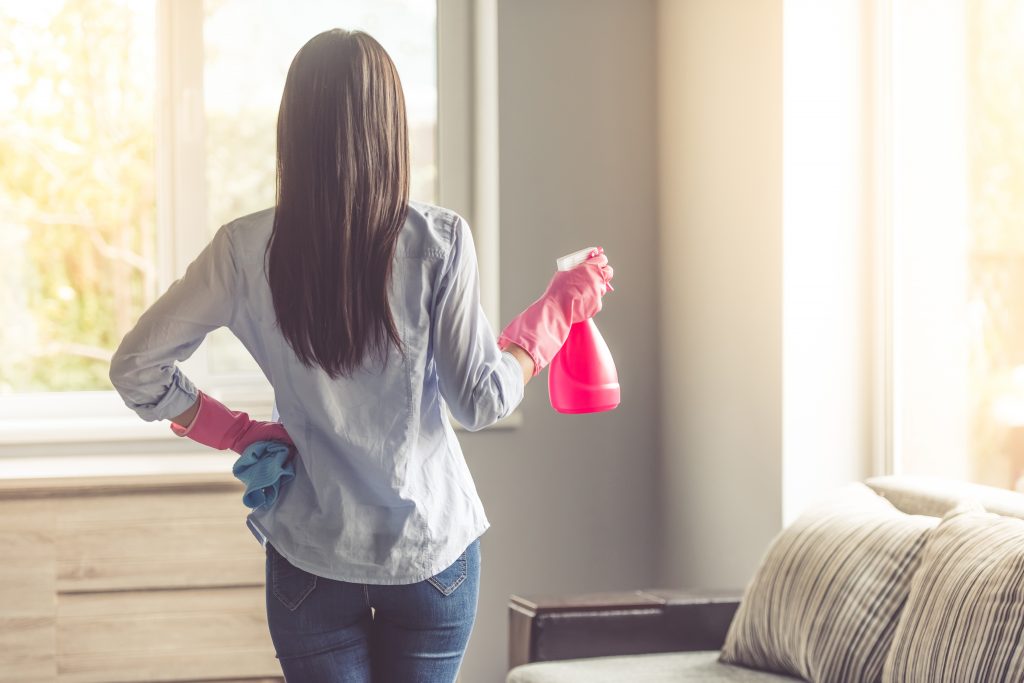As we go to press, the COVID-19 pandemic shows no signs of relenting, and we need to find ways of protecting ourselves and staying safe. It’s wise to respect these infections and take all possible precautions to ensure that we are not the next victims of the virus. Staying home, practising good hygiene in your home and surroundings is the first steps to protecting your family.
How can you do that? Read the home cleaning tips that are endorsed by healthcare practitioners.
1. Disinfecting Surfaces
The virus which causes COVID-19 is believed to be able to persist on surfaces such as glass, metal, and cloth for several hours to even up to three days. This means that all frequently touched surfaces must be disinfected several times a day. Think along the lines of disinfecting desktops, mobile phones, keys, door handles, cabinet knobs, computer keyboards, TV remotes, the refrigerator door and kitchen counters. Use a clean rag or paper towel that has been dampened with alcohol-based disinfectant to wipe them down, and then discard the towel after each use. Be careful with electronic items, and do not get them soaking wet. Just wiping down with a dampened rag is sufficient. Use disposable gloves every time you set out to clean your home.
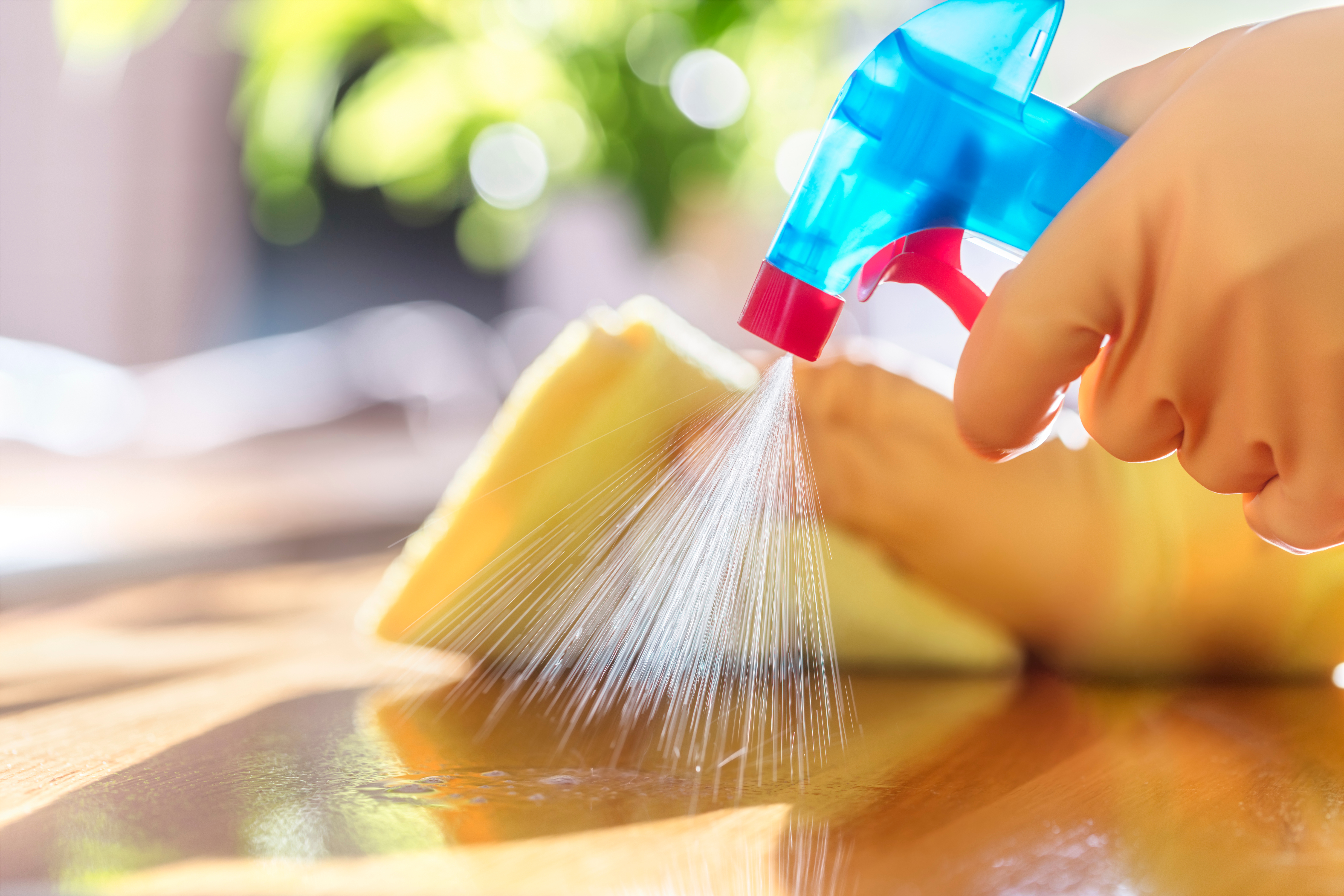
2. Laundry Tips
When you are collecting the laundry, do not shake it as any germs that have settled down on the surface will rise into the air. It’s better to use a plastic laundry bin or a bag that can be washed and cleaned regularly. Towels, bed linen and clothing, must be washed in the highest temperature setting on your washing machine. Use bleach for whites, and add a cap of a disinfectant like Dettol to the final rinse cycle. Ensure each wash cycle is of at least 30 minutes duration. In case anyone at home is sick, wash their laundry separately. If possible, dry clothes in the sun, as sunlight is an excellent disinfectant.
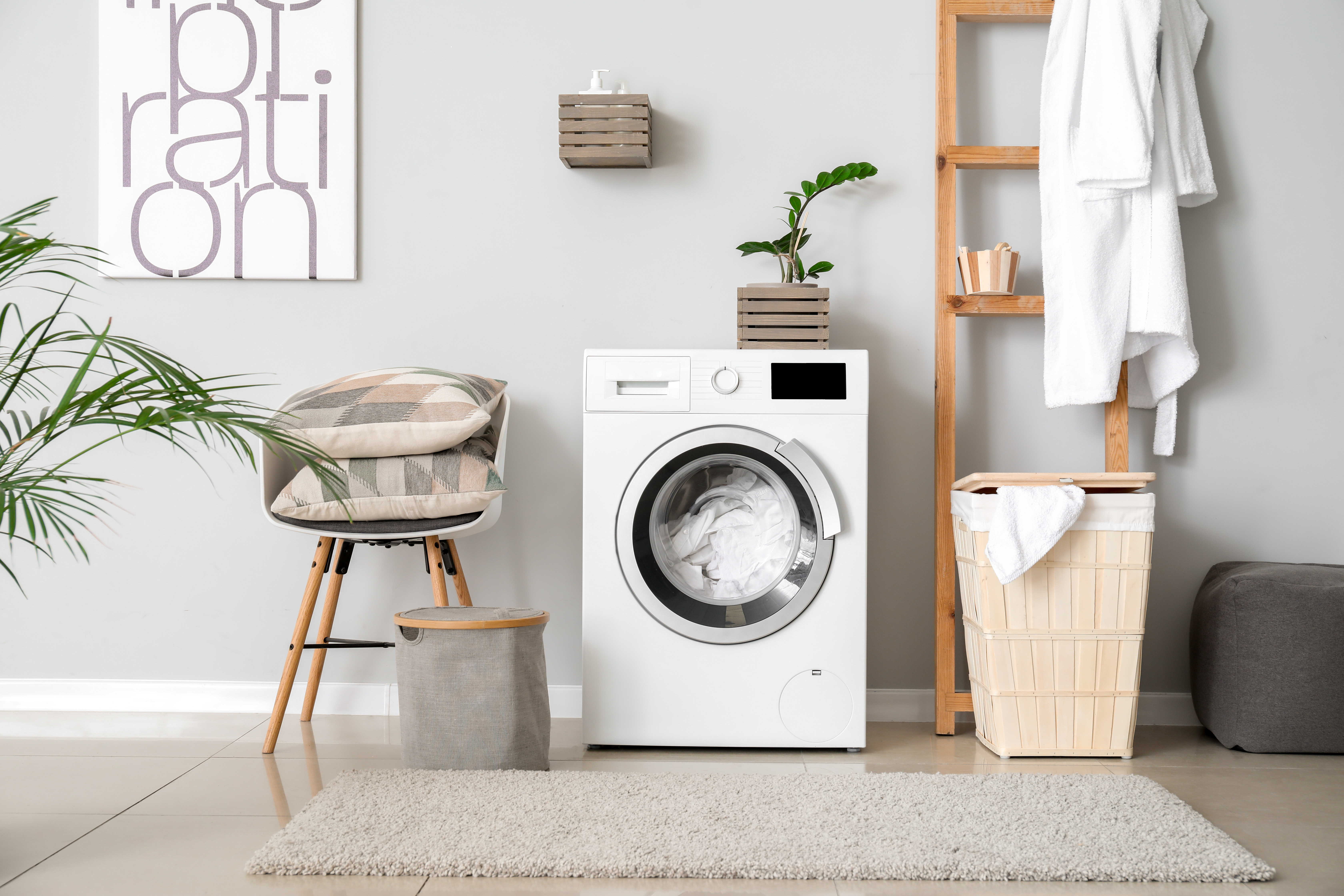
3. Washing Dishes
If you have a dishwasher, run it on the highest temperature setting. Soap and hot water will generally kill most germs, especially if lathered well for at least 20 seconds on each surface. Do not leave dirty dishes in the sink as they can be a breeding ground for germs. Dry all vessels thoroughly. Any dishes used by sick members of your family should be handled separately. Also, ensure that they use the same dishes for every meal and do not mix them with the other dishes.
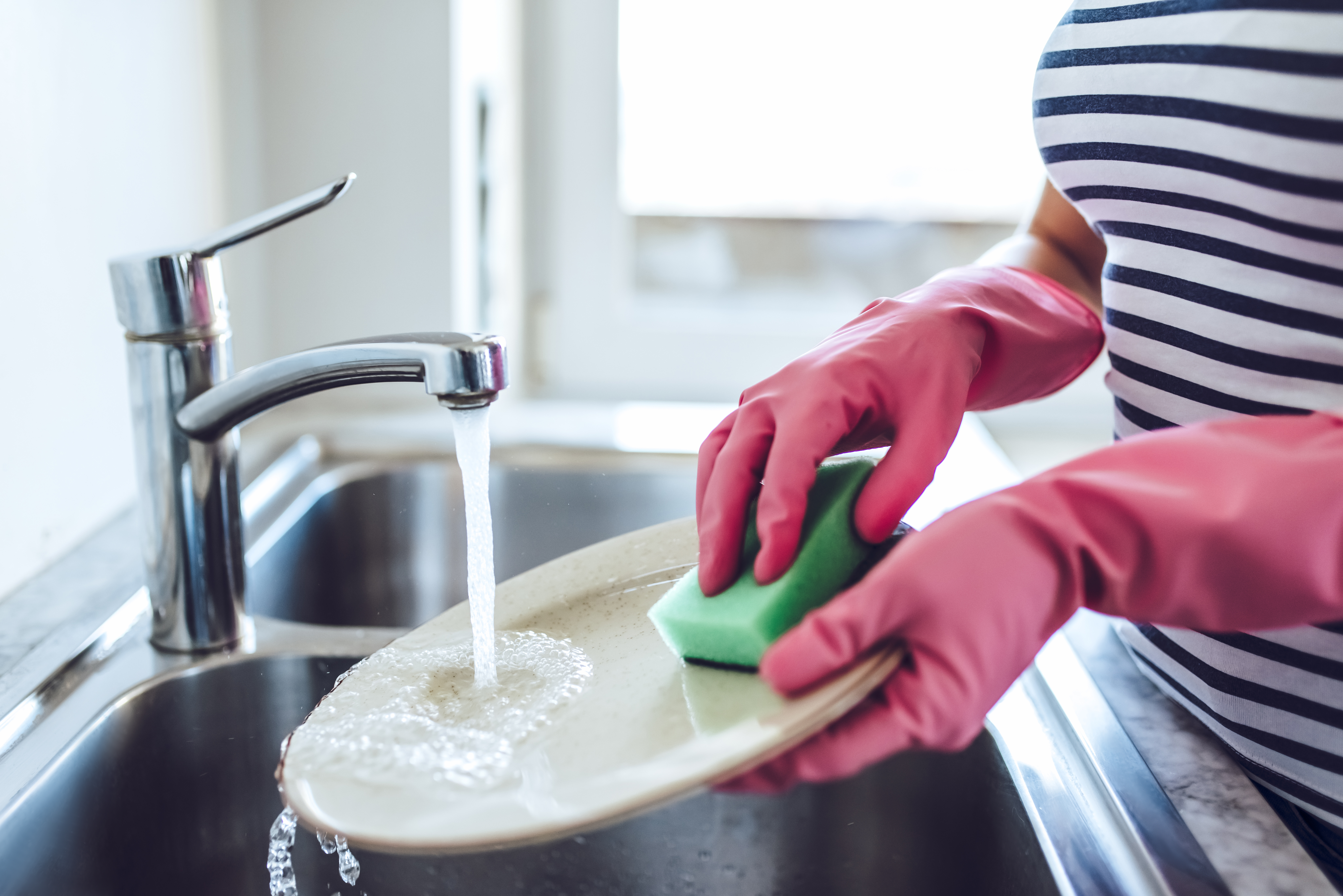
4. Handling the Trash
Use only garbage bins that have a lid and can be operated with a foot pedal. Empty the trash every day and do not allow used tissues, cleaning napkins, and so on to accumulate. Wash and disinfect the bins regularly, and ensure that they are completely dry at all times. Garbage cans must be lined with good quality liners that can be disposed of along with the trash. When you handle the waste, make sure that you wear gloves.
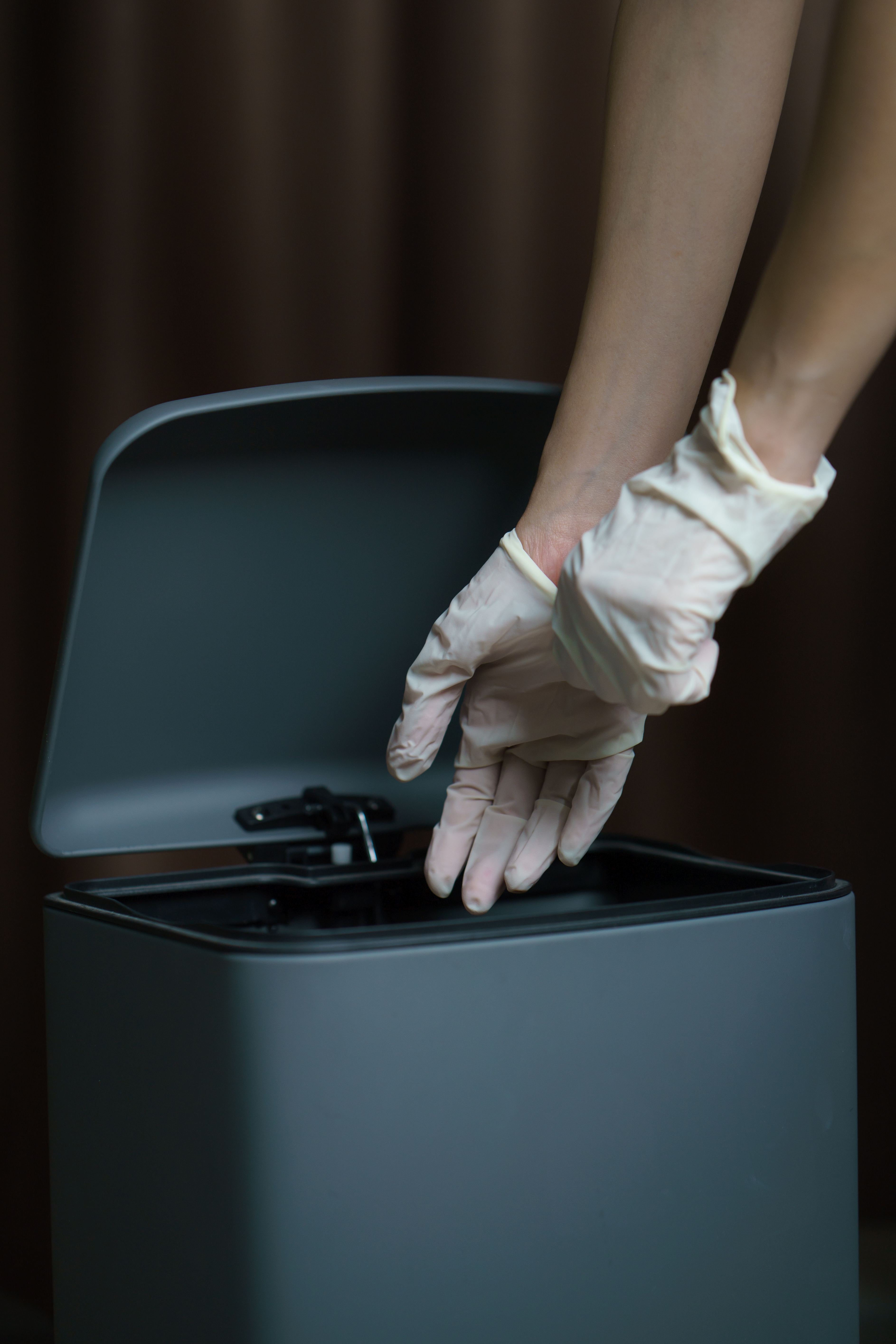
5. Keep the Air Fresh
Improving the quality of indoor air is critical to staying healthy. Viruses can linger in indoor air, through coughing or sneezing or even breathing, and if you have someone at home who is sick, you should ensure that they stay in an isolated room with the door closed. Turn the air conditioning off to reduce the chances of indoor transmission. It’s a good idea to keep windows open for fresh air.
If you are using a lot of chemical cleaners and disinfectants, the air can get polluted. Try using only organic filters as far as possible. Vinegar is a natural product that contains 5 per cent of acetic acid. The acetic acid in vinegar kills most of the flu germs. Mix hot water and vinegar and fill it in a spray jar.
Some indoor plants like the bamboo palm, areca palm, philodendron and rubber plant are great for removing toxins from the air and keeping the indoor levels of pollution low. Aloe vera plant improves the levels of oxygen indoors.
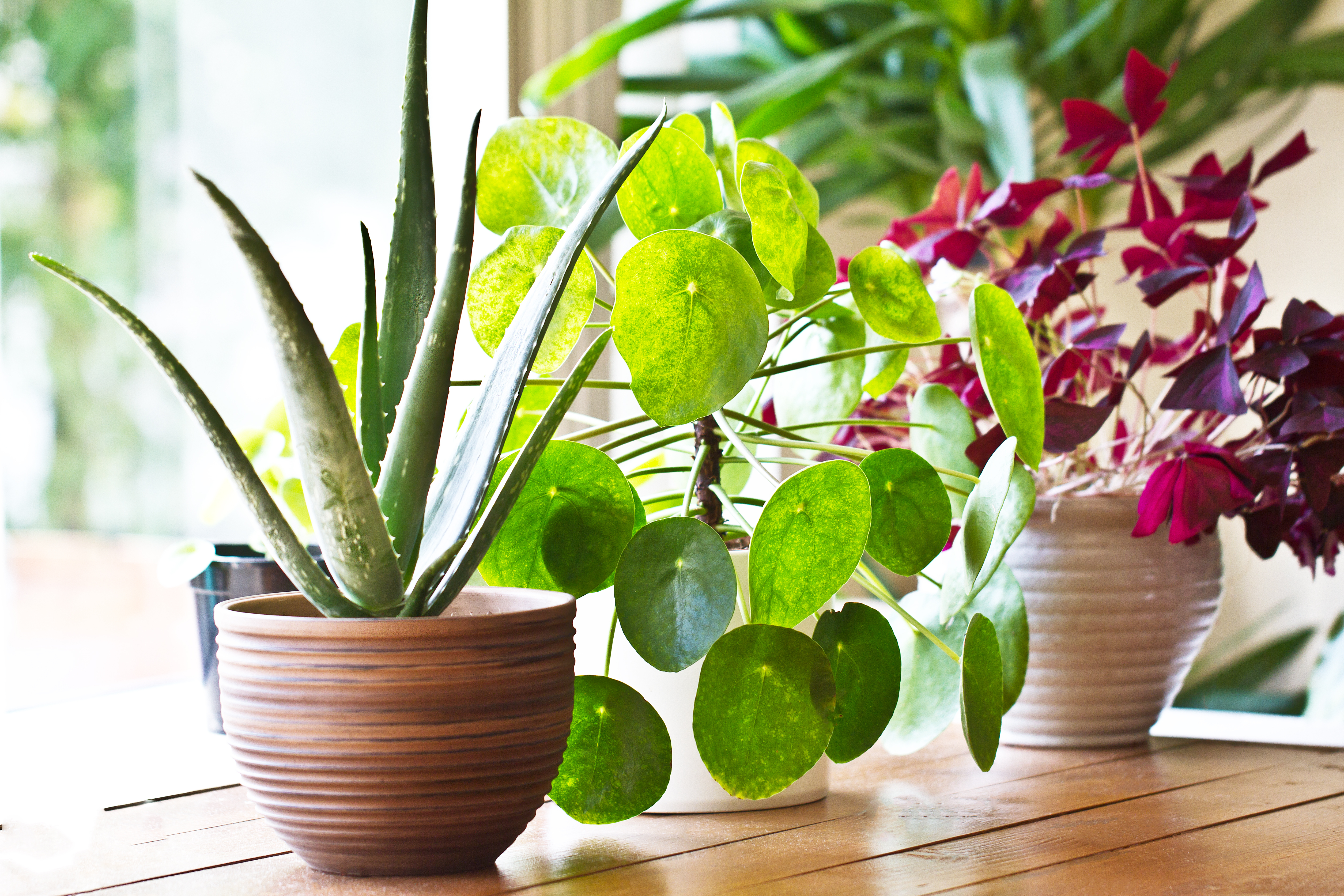
Here’s a Cleaning List You Need During These Times
Here’s a checklist from HomeLane‘s experts that can get you started on deep cleaning your home.
- Vacuum all the sofas, carpets and drapes in the house
- Space under the beds and below the sofas
- Thoroughly clean the oven, microwave, mixer-grinder and sink
- Clean your kitchen drawers and cabinets. Swap out old shelf lining papers.
- Wipe down the kitchen counter and backsplash
- Clean the outside and inside of the refrigerator
- Organize your junk drawers and loft storage
- Clean the bathroom faucets, shower head and shower glass
- Scrub the wall and floor tiles
- Deep clean the bathtub
- Clean air vents, the kitchen exhaust chimney and the hood
- Wash pillows and bed linen
- Clean the window glass and mirrors
- Wash rugs and quilts
- Deep clean and disinfect garbage and laundry bins
- Wash and disinfect floor mats
- Put mattresses in the sun, both sides
- Wash cushion covers
- If there’s anything we have left out, wash that too
Don’t panic! By keeping your home and environment clean, you can limit the risk of infection. Stay safe!

